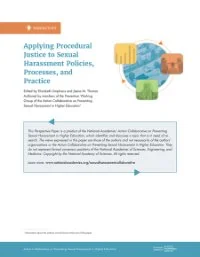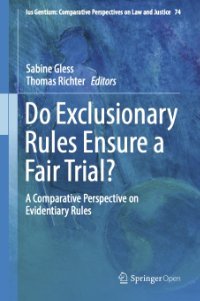By Jonathan Fisher
. At its most simple, the disclosure of unused material is the process whereby information gathered during an investigation is passed from the prosecution to the defence. The information disclosed should assist the defence in arguing the most compelling version of their case. The obligation placed upon the prosecution to disclose certain pertinent material acts as an essential safeguard. We have learnt through bitter experience that disclosure errors, whether deliberate or through negligence, can lead to cases collapsing or worse, a miscarriage of justice. Such events are lamentable and erode the public’s trust in the criminal justice system.. When in the autumn of 1981 I started practice at the Bar, my Opinions, Advices and Pleadings were written in manuscript or dictated into a hand-held tape-recording machine. They were then typed by a professional typist, using an Imperial typewriter with carbon paper to produce a copy. Similarly, most business records were kept on paper and retained manually in files. Rules regarding disclosure of unused material generated in a criminal investigation were governed by the innate fairness of the common law which required a prosecutor to pass information to a defendant where the material assisted the defence case.. Fifteen years later, it was recognised that a more sophisticated approach to disclosure was required. This followed a series of cases in which failure to disclose information to a defendant was responsible for some grievous miscarriages of justice. At the same time, reliance on documentary evidence and expert witness testimony increased. When the Criminal Procedure and Investigations Act 1996 (CPIA)1 was enacted, the new statutory based rules of disclosure were regarded as state of the art, providing a sound foundation for criminal trials to proceed on a sure footing in the new millennium. Since then, the technological revolution has brought radical changes in work practices, and the position now looks rather different. Nearly 30 years have passed since the CPIA was enacted. At that time, internet connections were typically made via dial-up modems, with downloading speeds sufficient for basic web browsing and email, but little more. As technology improved and information could be stored electronically, the volume of unused material generated in a criminal investigation grew exponentially. This development occurred against a background in which the CPIA did not directly address the way in which digital information should be reviewed by a prosecutor and made available to a defendant when the test for disclosure of unused material was satisfied. Concern regarding the operation of this process is the reason why previous Reviews were established. Yet the world has not stood still since the last Independent Review on this subject over a decade ago. Indeed, society in the United Kingdom continues to embrace technological advancements, including artificial intelligence, in many aspects of our lives. Furthermore, the very nature of criminal offending, as it has done throughout history, continues to evolve, taking advantage of new online enablers. The rise in digital material across the whole gamut of criminal cases, and its implications for the disclosure regime, is the very reason why I was tasked to consider, once again, whether the regime is fit for the modern age. Today, the largest investigation case on the Serious Fraud Office (SFO) system has 48 million documents (6.5 terabytes of data). With this volume of digital material, it is inconceivable that the totality of unused material generated in the investigation can be accurately reviewed and scheduled by investigating officers manually, in the traditional way. It is also a gross waste of resource for investigating officers to spend time on banal and unproductive activity. Electronic material has become commonplace in even the smallest of cases. Body camera material features (or should feature) in every case where a motorist is stopped by the police, and it is estimated that on average there are 7.4 digital devices in every home. Each of these devices can retain thousands of pieces of information which might be relevant to a prosecutor or defendant in a criminal case.
London: Home Office, 2025. 224p.
















